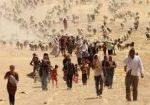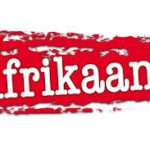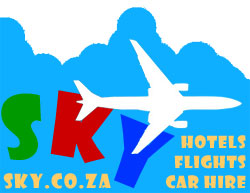
Worldwide, an initiative of the civil rights organisation AfriForum, has for the past five years already been an online home for South Africans who have settled in other countries.
This initiative is the ideal platform for every South African who lives in another country, but who still wants to stay in real touch with his homeland.
The initiative involves a website that helps people to keep abreast of news events in South Africa. Here you can also get reliable advice, just hang out with others, share your experiences and tell more about the interesting places where you are living and working.
Our Worldwide team conducted thorough research to determine exactly what is important for South Africans in a foreign country, and therefore precisely this information is available on the website. This includes current local news, contributions – photos and stories – of South Africans living in interesting places in all corners of the globe, as well as a one-of-a-kind


